I swear to the Lord I still can't see Why Democracy means Everybody but me
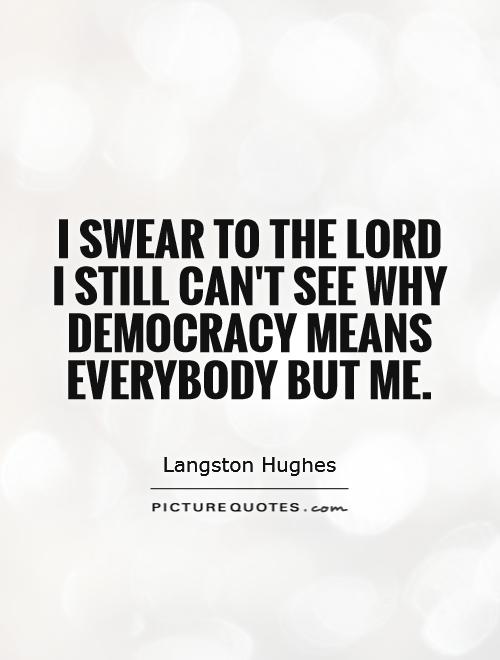
I swear to the Lord I still can't see Why Democracy means Everybody but me
Langston Hughes, a prominent figure in the Harlem Renaissance, was known for his powerful and thought-provoking poetry that often addressed issues of race, inequality, and social justice. One of his most famous poems, "Democracy," captures the frustration and disillusionment felt by African Americans who were excluded from the promises of equality and freedom in a democratic society.The line "I swear to the Lord I still can't see Why Democracy means Everybody but me" speaks to the deep-seated sense of alienation and marginalization experienced by African Americans in a country that claimed to be a beacon of democracy and freedom. Despite the lofty ideals of democracy, Hughes highlights the stark reality that these principles did not apply to everyone, particularly to those who were oppressed and marginalized.
Hughes himself experienced firsthand the injustices and inequalities of American society. As a black man living in a racially segregated and discriminatory society, he was acutely aware of the limitations and barriers that prevented African Americans from fully participating in the democratic process. The promise of democracy, with its ideals of equality, justice, and freedom, seemed hollow and empty when it did not extend to all citizens.
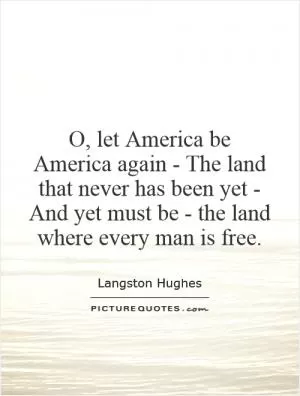

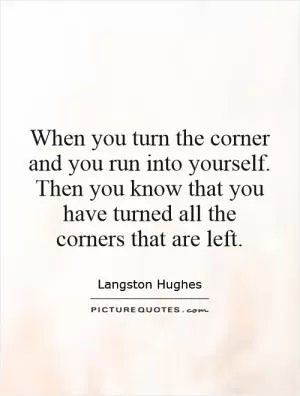
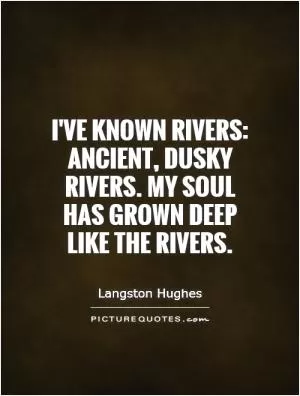


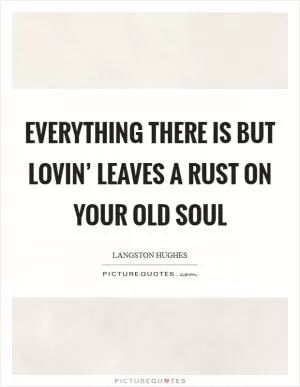
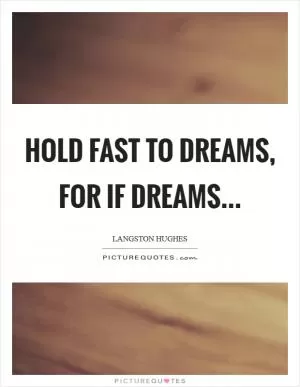

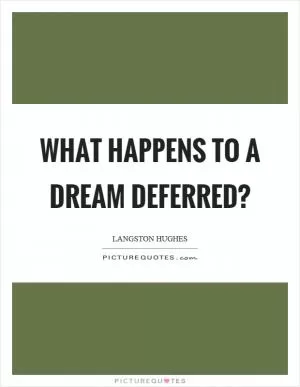
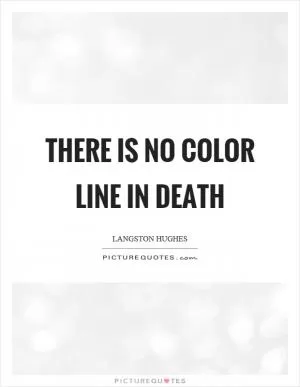
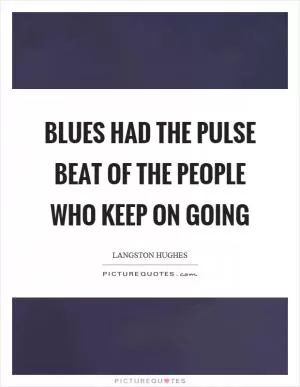
 Friendship Quotes
Friendship Quotes Love Quotes
Love Quotes Life Quotes
Life Quotes Funny Quotes
Funny Quotes Motivational Quotes
Motivational Quotes Inspirational Quotes
Inspirational Quotes